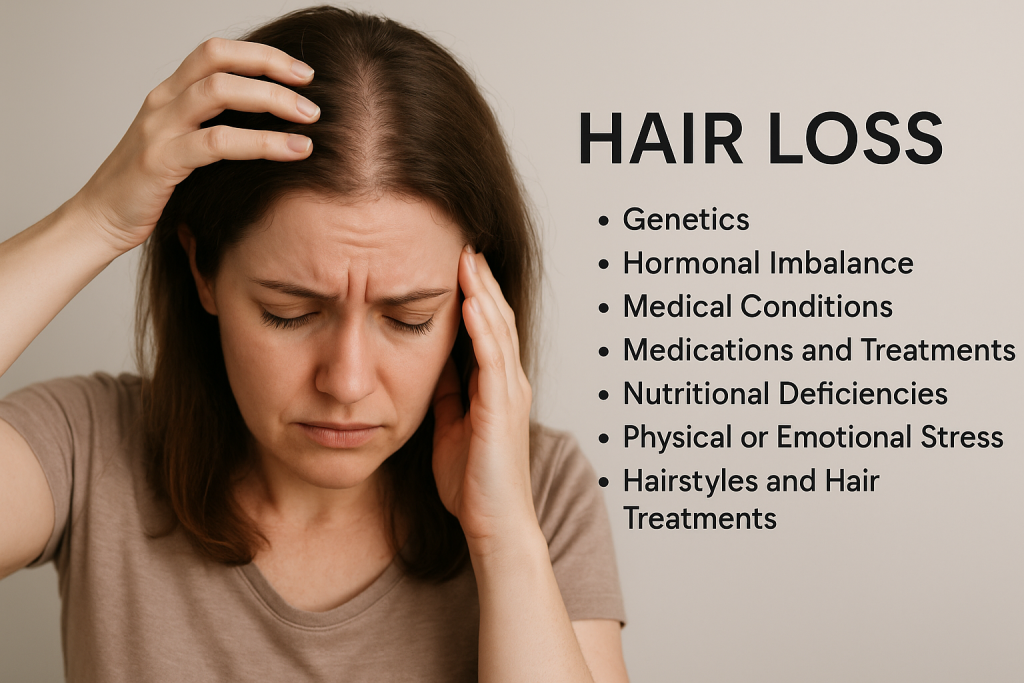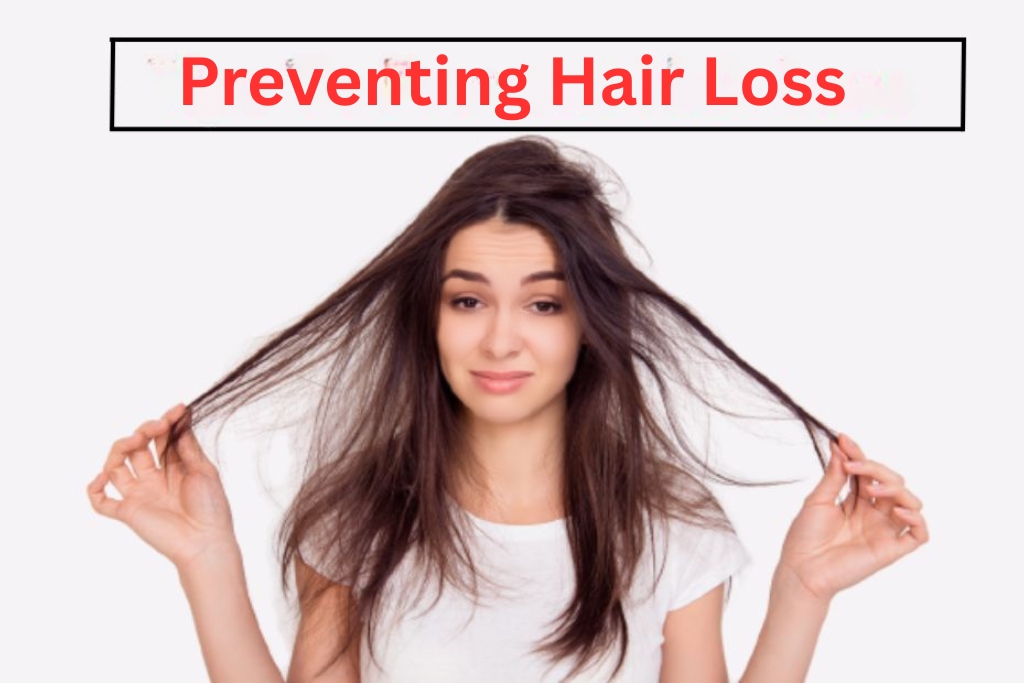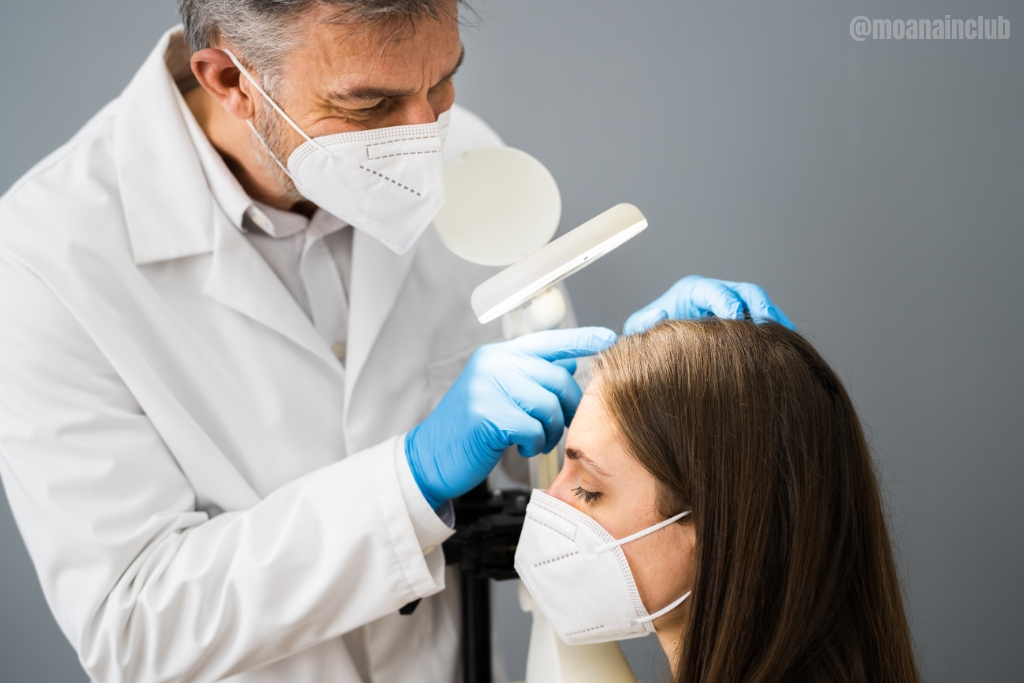Taking care of your hair is essential for maintaining its health, shine, and strength. Start by using a gentle shampoo and conditioner that suits your hair type. Avoid excessive heat styling and always use a heat protectant spray when using tools like flat irons or blow dryers. Trim your hair regularly to prevent split ends and promote growth. Include a balanced diet rich in vitamins like biotin and omega-3 fatty acids to nourish your hair from within. Massage your scalp with natural oils, such as coconut or argan oil, to improve blood circulation. Lastly, avoid overwashing and harsh chemical treatments.
Top Supplement | It’s Natural & Benefits | Order Now (up to 25% Offer) | ||
| FoliPrime | Natural serum that strengthens roots and supports healthy hair growth. | Order Now |  | More details |
| Energeia | Energeia boosts metabolism, burns fat, and supports weight loss | Order Now |  | More details |
| Folicrex | Natural formula that targets hair loss and boosts scalp health naturally. | Order Now |  | More details |
| GlucoTrust | Supports healthy blood sugar with natural herbs and deep sleep. | Order Now | 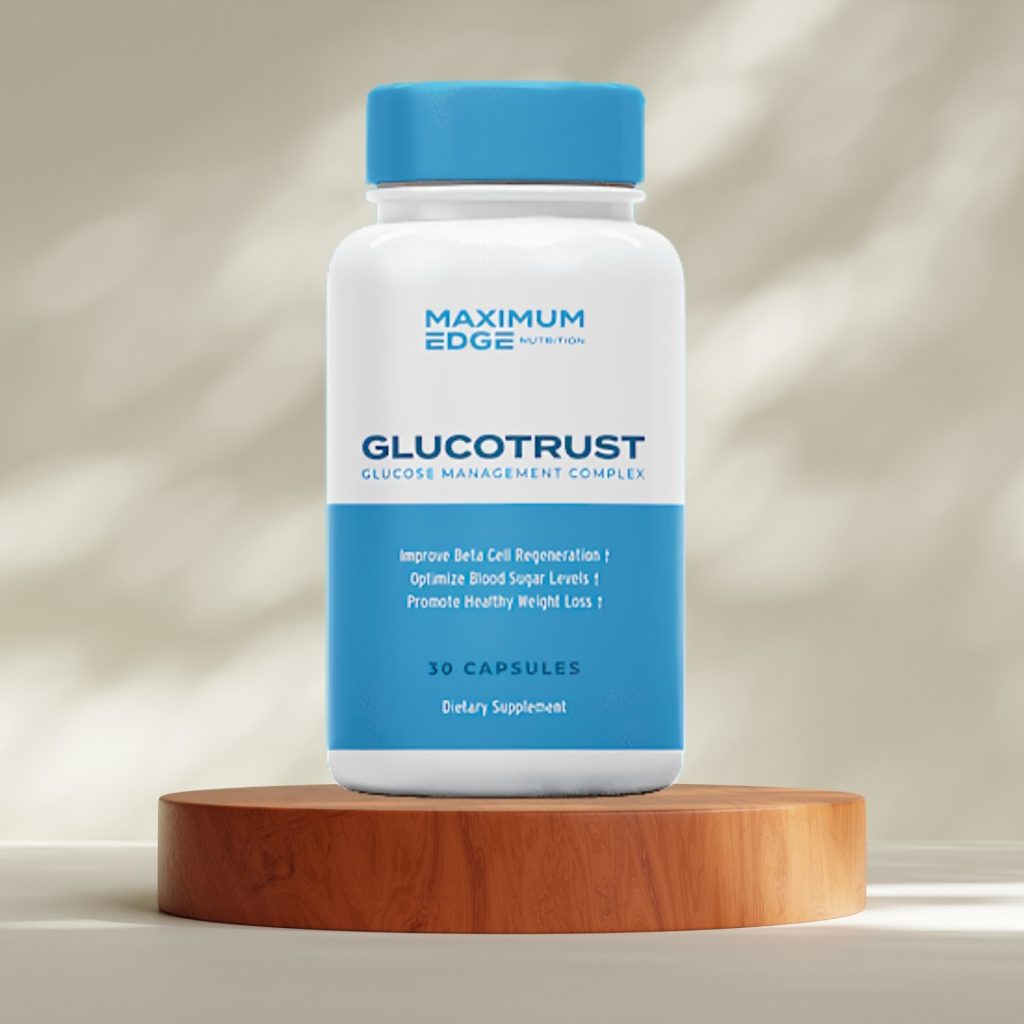 | More details |
| ProDentim | Natural probiotic formula that supports gum health and fresh breath. | Order Now |  | More details |
| ProNail Complex | Natural blend that strengthens nails and supports healthy fungal defense. | Order Now |  | More details |
| Synogut | Supports healthy digestion using natural fibers, herbs, and probiotics. | Order Now |  | More details |
| Zen Cortex | Natural formula that enhances focus, memory, and mental clarity safely. | Order Now | 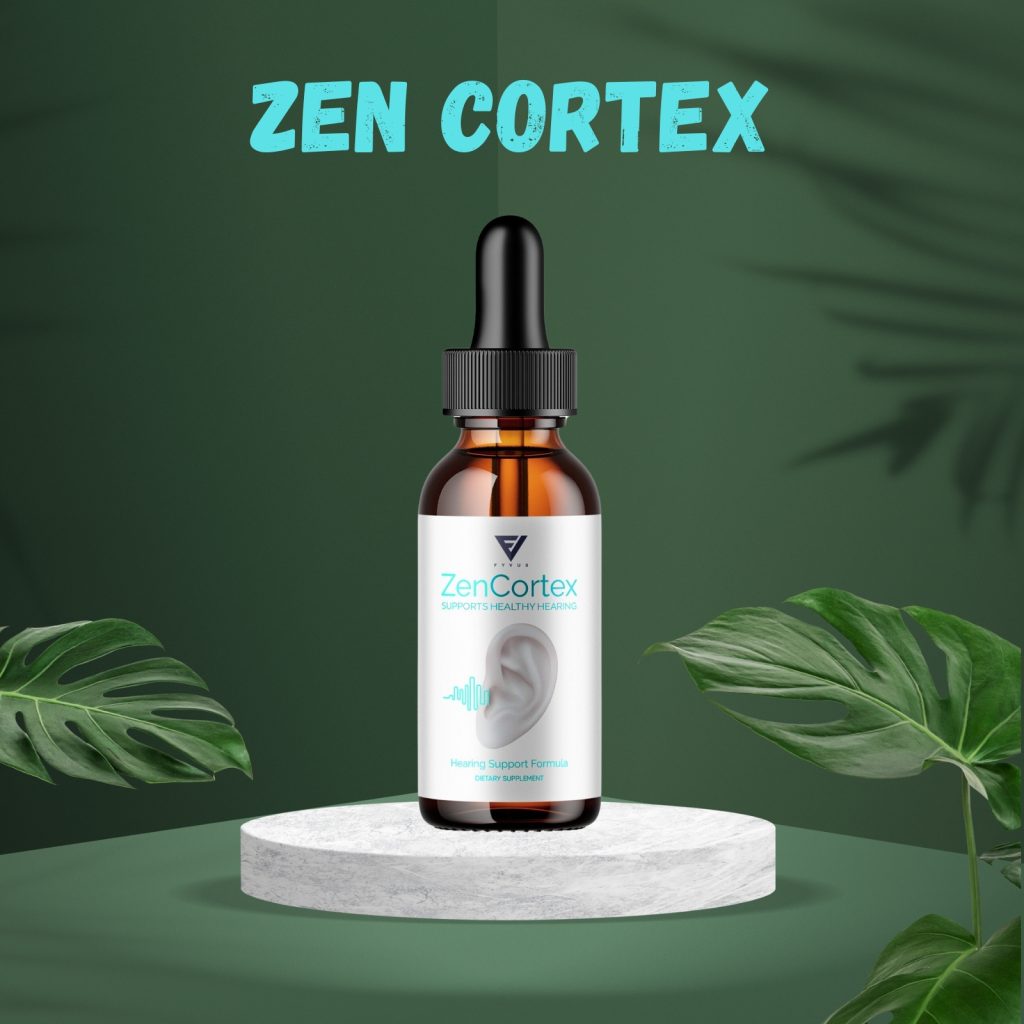 | More details |
| Metanail Serum Pro | Natural serum that strengthens nails and fights fungal infections effectively. | Order Now |  | More details |
| FlowForce Max | Natural formula that supports prostate health and improves urinary flow. | Order Now |  | More details |
| Tonic Greens | Natural supergreens blend that boosts energy, immunity, and detoxification. | Order Now |  | More details |
In this article, we will explore the major causes of hair loss, its signs and symptoms, myths vs. facts, how to prevent hair fall, and the best treatment options—both natural and medical.
Why Does Hair Fall Out?
Hair loss, medically known as alopecia, is a condition in which a person experiences partial or complete loss of hair from areas where it normally grows, particularly the scalp. While shedding 50–100 hairs a day is normal due to the natural growth cycle, losing more than that may signal a problem.
Hair loss can occur gradually or suddenly and may be temporary or permanent depending on the underlying cause.
Common Causes of Hair Loss
There are various reasons why people experience hair loss, and these causes can differ based on age, gender, genetics, health conditions, and lifestyle factors. Here are some of the most common ones:
1. Genetics (Hereditary Hair Loss)
Also known as androgenetic alopecia, this is the most common cause of hair loss in both men and women. In men, it leads to a receding hairline and bald spots, while women experience overall thinning, especially on the crown.
2. Hormonal Imbalance
Conditions like pregnancy, menopause, thyroid disorders, and polycystic ovary syndrome (PCOS) can cause significant hormonal changes that affect hair growth.
3. Medical Conditions
Autoimmune diseases like alopecia areata, scalp infections (such as ringworm), or chronic illnesses can lead to sudden or patchy hair loss.
4. Medications and Treatments
Hair loss can be a side effect of medications for cancer (chemotherapy), arthritis, depression, heart disease, or high blood pressure.
5. Nutritional Deficiencies
Lack of essential nutrients like iron, zinc, biotin, vitamin D, and protein can weaken the hair and cause it to fall out.
6. Physical or Emotional Stress
A major surgery, traumatic event, or intense emotional stress can trigger a type of temporary hair loss known as telogen effluvium.
7. Hairstyles and Hair Treatments
Excessive use of heat styling tools, chemical treatments, tight hairstyles (like braids or ponytails), and harsh hair products can damage hair roots and lead to traction alopecia.
Signs and Symptoms of Hair Loss
Recognizing early signs can help in timely diagnosis and treatment. Here are some symptoms to watch for:
Gradual thinning on the top of the head
Receding hairline (common in men)
Patchy or circular bald spots
Sudden loosening of hair when brushing or washing
Full-body hair loss (in cases of medical treatments like chemotherapy)
Itching, redness, or flaking on the scalp
Say Goodbye to Hair Loss with FoliPrime
If you’re struggling with thinning hair or slow regrowth, choosing the right product can make all the difference. FoliPrime is a powerful hair growth formula made with natural oils, vitamins, and plant-based nutrients that nourish the scalp and strengthen hair follicles from the root. Unlike harsh chemical treatments, FoliPrime supports hair regrowth without irritation, making it suitable for both men and women. Regular use may help reduce breakage, restore shine, and promote visibly fuller hair. If you’re looking for a safe and effective way to support your hair journey, FoliPrime could be the solution you’ve been waiting for.
👉 Click here to learn more and order FoliPrime
Common Myths About Hair Loss
There’s a lot of misinformation surrounding hair loss. Let’s bust some of the most common myths:
Myth: Only men experience hair loss.
Fact: Women are also commonly affected by various types of hair loss.Myth: Wearing hats or helmets causes baldness.
Fact: There is no scientific proof that wearing headgear causes hair to fall out.Myth: Shampooing daily leads to hair loss.
Fact: Washing your hair doesn’t cause hair loss unless harsh shampoos are used regularly.Myth: Hair loss is always permanent.
Fact: Many forms of hair loss are temporary and can be reversed with proper care or treatment.
Preventing Hair Loss: Lifestyle and Care Tips
While not all types of hair loss can be prevented, adopting certain habits can significantly improve hair health and reduce the chances of shedding.
1. Maintain a Balanced Diet
Incorporate iron-rich foods (like spinach and lentils), protein sources (like eggs and lean meat), and vitamins (like vitamin D and biotin) to support hair growth.
2. Avoid Excessive Heat and Chemicals
Limit the use of straighteners, curling irons, and hair dyes. Choose natural hair products without sulfates, parabens, or alcohol.
3. Reduce Stress
Engage in stress-reducing activities like yoga, meditation, or regular exercise, which help regulate hormones and support healthy hair cycles.
4. Massage the Scalp
Regular scalp massages with oils like coconut oil, castor oil, or rosemary oil increase blood flow and strengthen hair roots.
5. Stay Hydrated
Drink plenty of water throughout the day to maintain hydration, which benefits both the scalp and hair strands.
Treatment Options for Hair Loss
The right treatment depends on the cause and severity of the hair loss. A dermatologist or trichologist can help diagnose the problem and recommend a personalized plan. Below are some widely used options:
1. Topical Treatments
Minoxidil (Rogaine): FDA-approved for both men and women, this over-the-counter treatment is applied directly to the scalp and stimulates hair growth.
Hair Serums: Products containing caffeine, peptides, or biotin may help strengthen existing hair.
2. Prescription Medications
Finasteride (Propecia): Commonly used in men to slow hair loss and boost regrowth by reducing DHT hormone levels.
Spironolactone: Sometimes prescribed for women with hormonal hair loss.
3. Platelet-Rich Plasma (PRP) Therapy
PRP involves drawing a person’s blood, processing it to extract plasma rich in growth factors, and injecting it into the scalp to stimulate follicles.
4. Laser Therapy
Low-level laser therapy (LLLT) devices, like laser combs and helmets, are non-invasive and can improve hair density over time.
5. Hair Transplant Surgery
For advanced cases, hair transplants offer a permanent solution by moving healthy hair follicles from dense areas to bald patches.
6. Natural Remedies
Some prefer herbal treatments like onion juice, aloe vera, green tea rinses, and amla oil, though results may vary and scientific evidence is limited.
When to See a Doctor
If you experience any of the following, consult a healthcare provider:
Sudden or rapid hair loss
Hair falling out in patches
Scalp pain, irritation, or infection
Hair loss following new medication or illness
Early diagnosis increases the chances of reversing hair loss effectively.
Emotional Impact of Hair Loss
Beyond physical appearance, hair loss can have a deep emotional and psychological impact. Many individuals struggle with low self-confidence, anxiety, or depression as a result of visible hair thinning or baldness. Support groups, therapy, or speaking with a counselor can help manage these emotions.
Some people also find comfort in wearing wigs, scarves, or hair extensions during treatment to maintain a sense of normalcy and confidence.
Final Thoughts
Hair loss is a deeply personal experience and can affect anyone regardless of age or gender. While it’s normal to feel overwhelmed, the good news is that many types of hair loss are treatable—and even reversible. Understanding the cause, taking preventive measures, and exploring suitable treatment options can restore not just your hair, but your confidence as well.
If you’re struggling with hair loss, don’t hesitate to consult a healthcare professional. With the right care and patience, you can take meaningful steps toward healthier hair.
